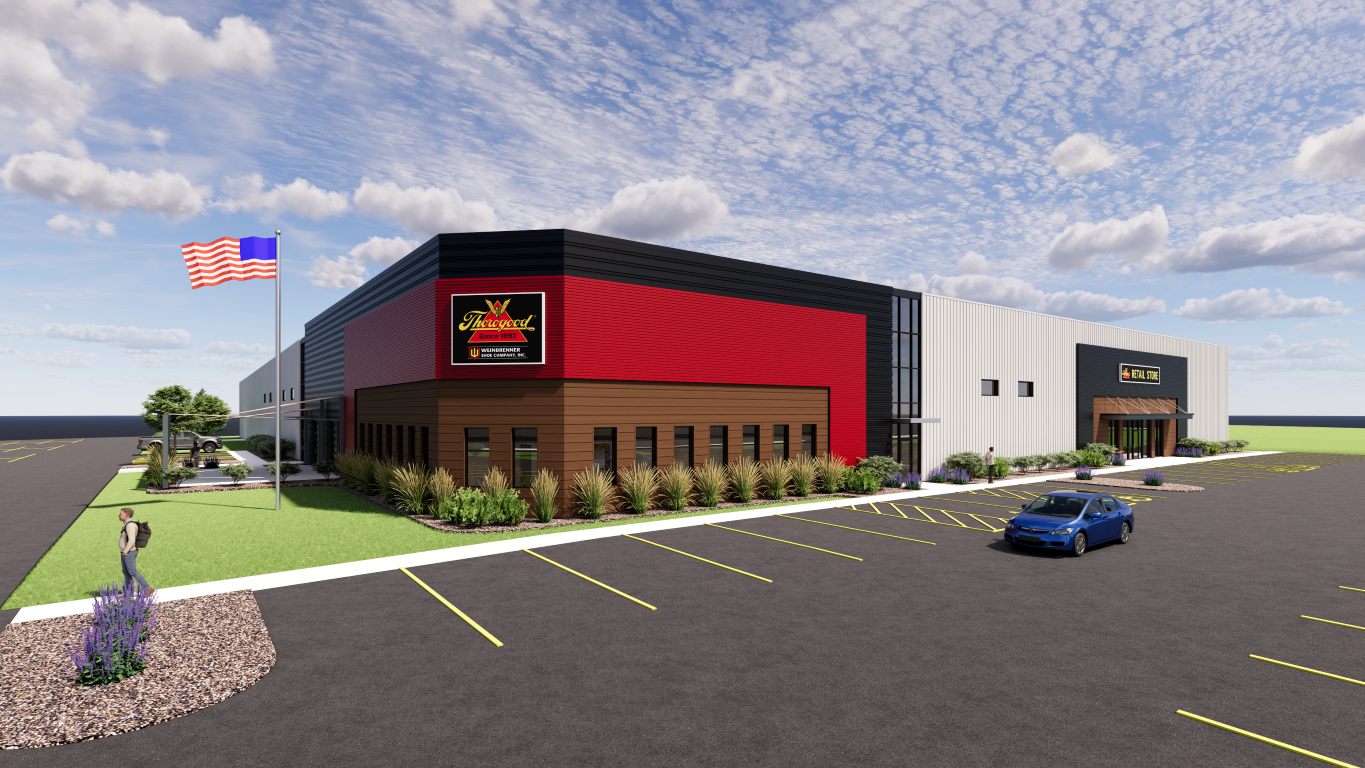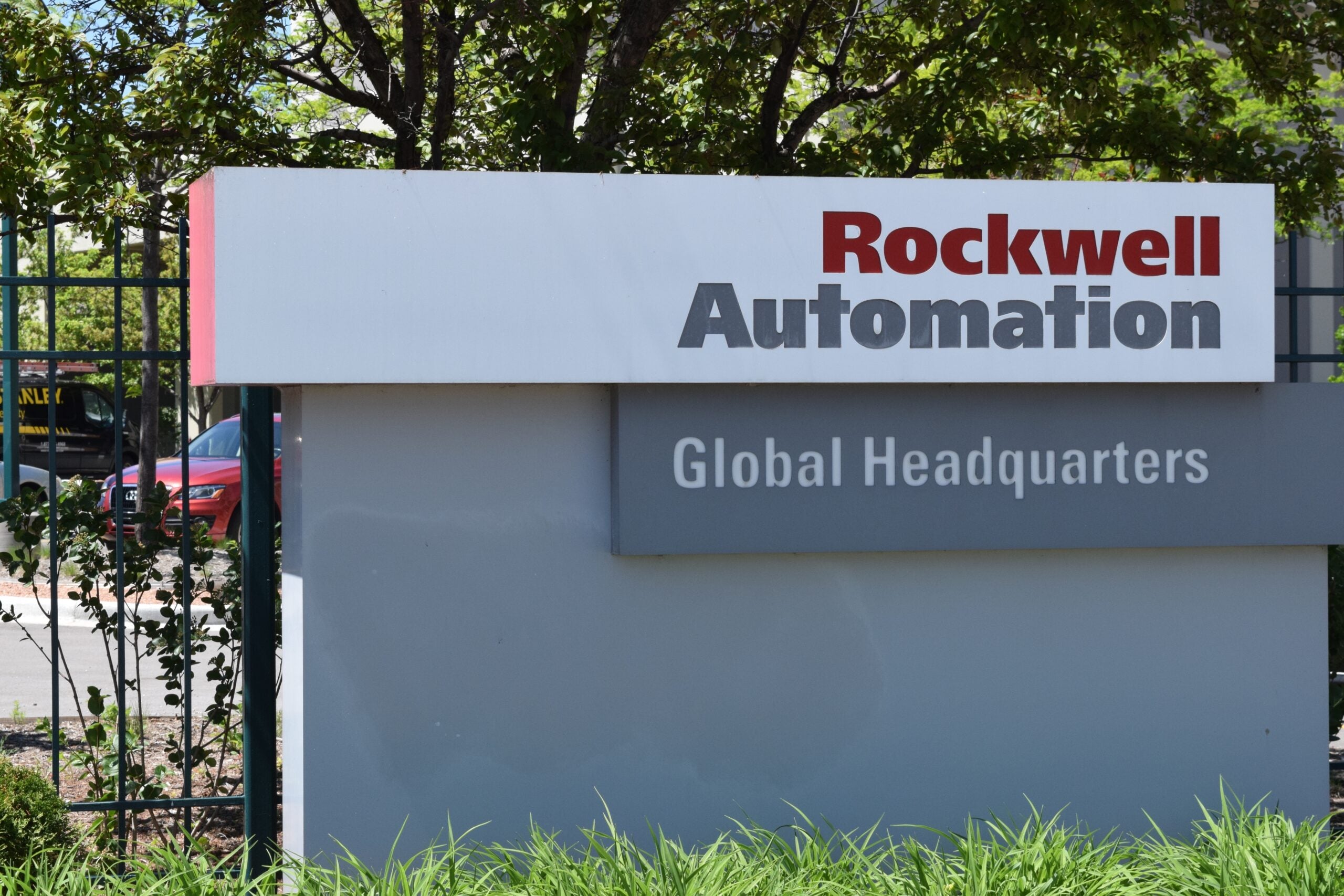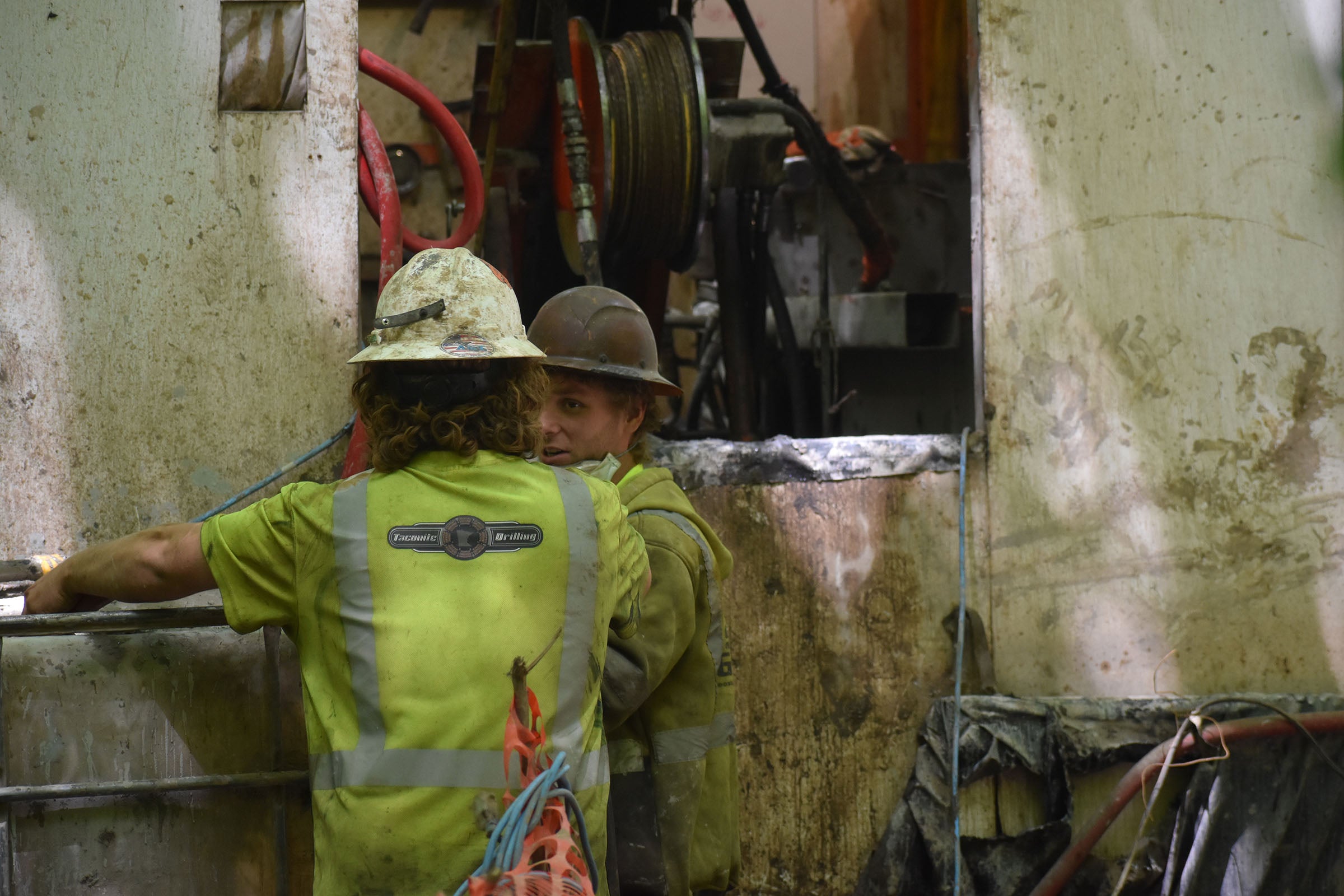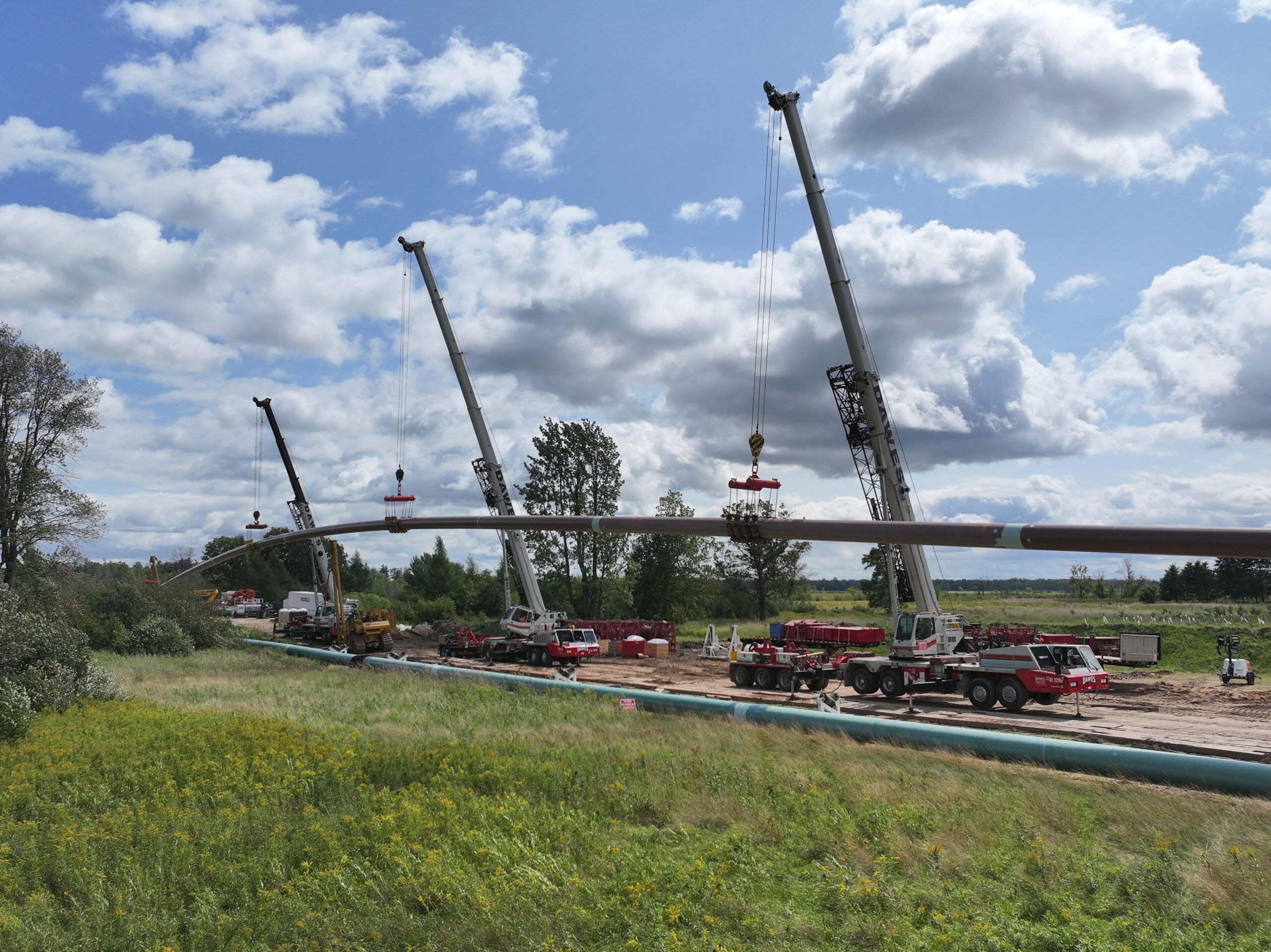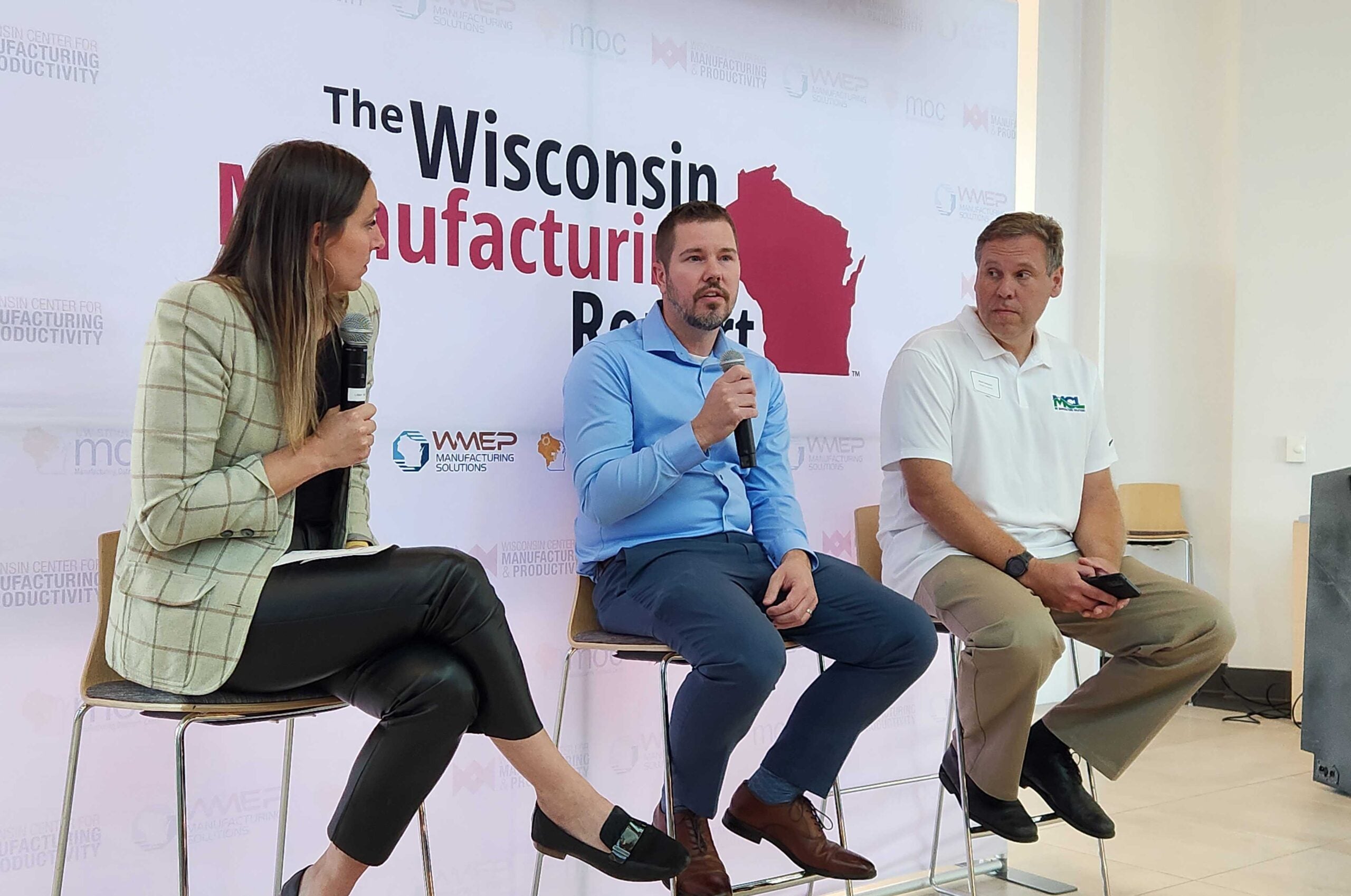A $14.5 million new factory will allow a central Wisconsin shoemaker to expand its operations.
The new, 70,000-square-foot facility in Marshfield will let the Weinbrenner Shoe Company add 35 new jobs to its 150 workers there. The company, which produces Thorogood work boots, is one of the oldest shoe manufacturers in the U.S. In addition to its plant in Marshfield, it has two factories in Merrill, where the company is based.
The company has seen growth in demand for its boots. In 2022, it opened a 130,000-square-foot factory in Merrill.
News with a little more humanity
WPR’s “Wisconsin Today” newsletter keeps you connected to the state you love without feeling overwhelmed. No paywall. No agenda. No corporate filter.
Company president Jeff Burns said rather than competing with all categories of footwear, Weinbrenner has remained focused on its core product.
“We make work boots,” Burns said. “We could make athletic shoes. We could make sandals. But we don’t. We know what we are: We’re a work shoe company, and we focus on making the best work shoes in the world.”
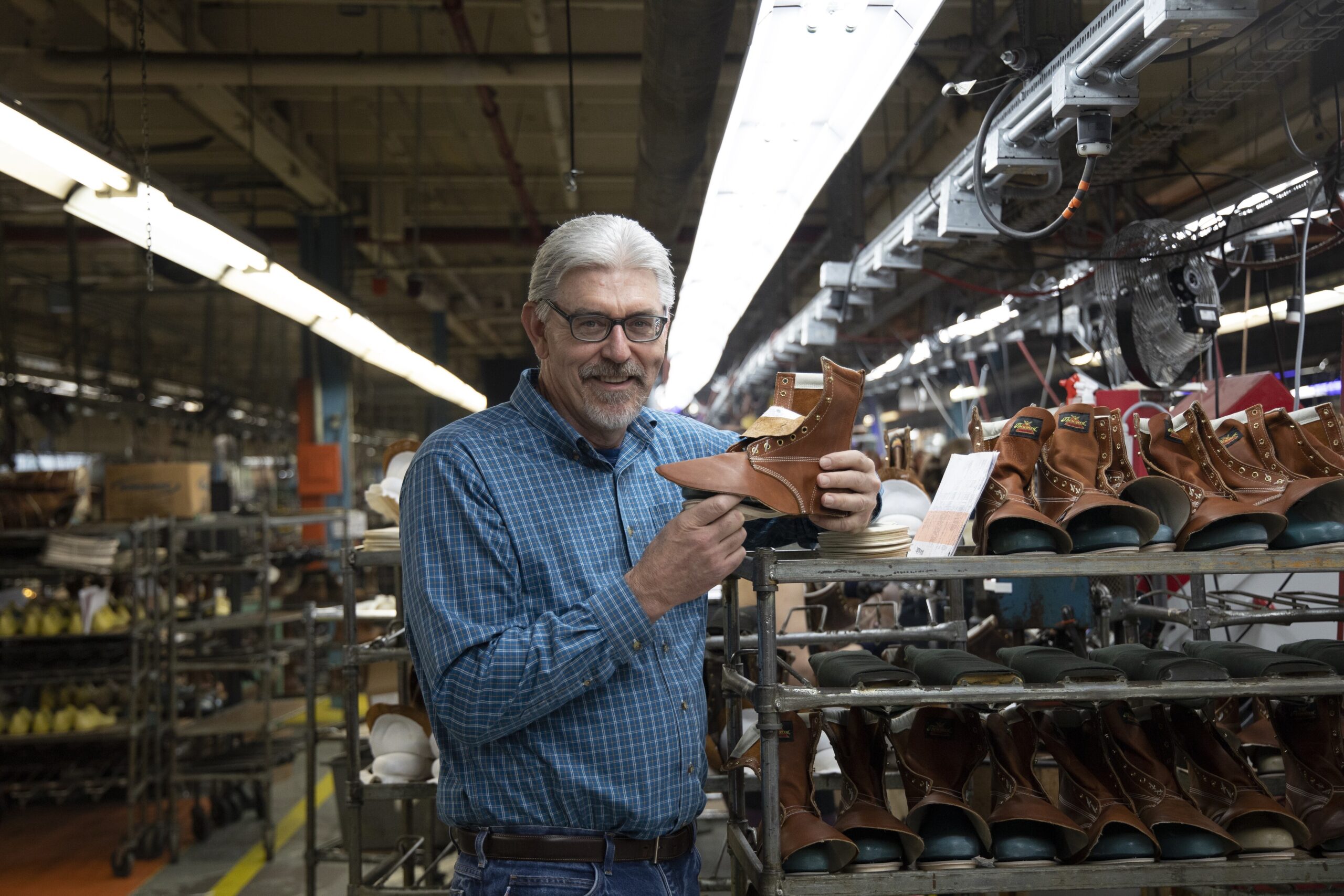
The company was also a finalist this year in Wisconsin Manufacturers and Commerce’s “Coolest Thing Made in Wisconsin” contest.
When it’s completed in 2025, Weinbrenner will move out of its downtown Marshfield factory, which has been operating since 1935. The multi-floor facility was inefficient and congested, Burns said.
Andrew Halverson, executive vice president of Ellis Construction, which designed and is building the new factory, said one benefit of the new location in Marshfield’s industrial park is that Weinbrenner will have the ability to expand its footprint in the future.
“We were able to plan for added expansion and the ability to nearly double the size of the facility on the site,” Halverson said.
Weinbrenner was founded in 1892, when Albert Weinbrenner took over his father’s cobbler shop in Milwaukee and started producing his own footwear. The company moved its headquarters to Merrill in 1937, two years after it opened its first Marshfield factory.
Burns said the company looked at all options for the new facility, including sites outside of Wisconsin. Marshfield offered tax incentives, and Burns said the company saw value in its Wisconsin workforce.
“We could buy the building (in another state),” Burns said. “We could buy the machinery. We could do all that. But we would lose 100 people who are craftsmen that we have here in Wisconsin.”
The company’s factory workers are part of the United Food & Commercial Workers International Union. Weinbrenner workers have been unionized since the 1940s.
Burns said he does see workforce challenges ahead. As the company continues to grow, finding workers in rural Wisconsin is a challenge. He said Weinbrenner is working on new ways of using automation in its manufacturing processes.
“We’re looking at automation not to replace any labor, but to make more shoes with the labor we have,” Burns said. “Can we automate some things that allow the 20 people who are making shoes to make three times as many?”
Wisconsin Public Radio, © Copyright 2025, Board of Regents of the University of Wisconsin System and Wisconsin Educational Communications Board.

